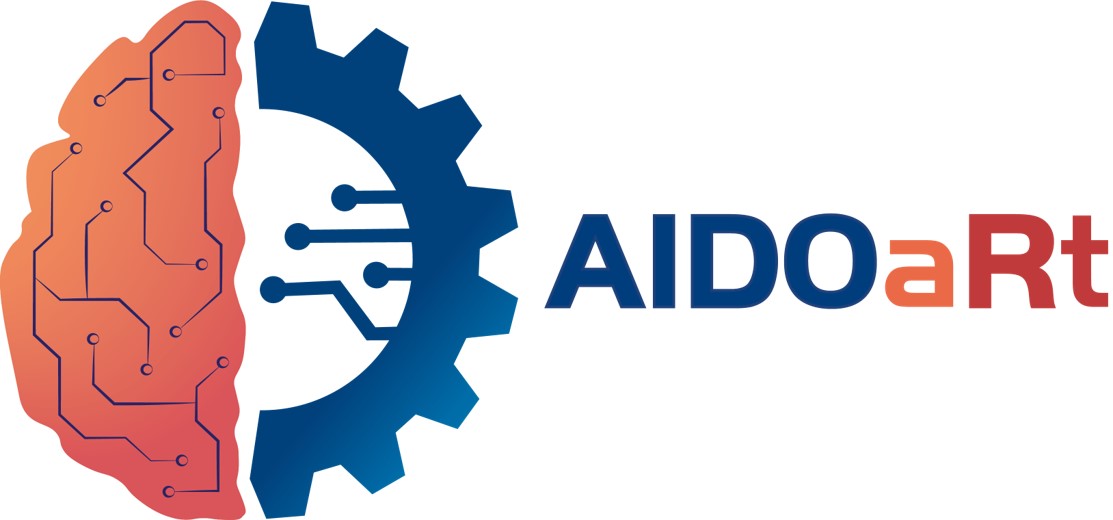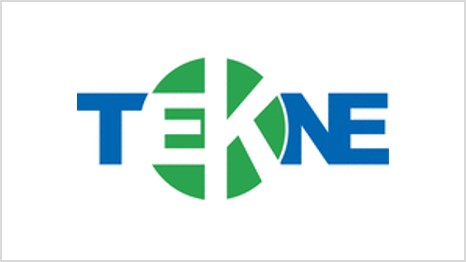Text
Agile process and Electric/Electronic Architecture of a vehicle for professional applications

Photo: https://unsplash.com/
The case study applies DevOps for developing a cloud-enabled prognostics and Health Management System (PHM). The PHM is in charge of monitoring, diagnostics, and preventive maintenance of the onboard electronics. The system applies to the vehicle, which is an electric minivan prototype built up integrating COTS and in-house components, as well as the payload.
System inputs are provided by the vehicle Electronic Control Units (ECU), by vehicle additional sensors, and by sensors and controllers of the payload. The PHM system and the minivan are among TEKNE industrial interests as products, and the latter is valuable by itself as a test bench. In the case study, TEKNE experiments with the AIDOaRT technological solutions using them for developing the PHM system. The requirements are derived from TEKNE industrial interests, design, implementation, and test phases are carried out by TEKNE R&D department. The final verification is planned to be based partly on real data and partly on simulation. Moreover, the case study might also integrate payloads that other partners can provide (sensors, actuators, and the related software components).
TEKNE case study aims at building an environment (techniques, tools, processes, and skills) for software development and maintenance (corrective, adaptative, evolutive) that turns out to be faster and lighter than the baseline from which the involved partners start, and against which the former is compared at the end of the project. TEKNE must quickly and efficiently answer the demands of small batches. On one side, it can rely on its consolidated mechanical engineering know-how. On the other side, it is fostering a research and development group to deal at best with the rapidly evolving electric/electronic architectures (E/EA) of vehicle systems—the vehicle itself and the payload for the intended professional use. Software, which is a key element of E/EA, is critical in small series production. TEKNE envisions that the following aspects can benefit from new, agile technologies and processes for software production: (1) the integration of automotive components that may vary for each batch and that is provided by large Tier-1 companies with which an SME has not a direct relationship; (2) the federation of the many different components that build-up the vehicle payload (e.g. a mobile laboratory for measuring dangerous pollutants, its sophisticated instrumentation and sensors, and its strict safety requirement to block contamination outside-inside and vice versa); (3) the continuous evolution of E/EA pushed by electric mobility, (4) the continuous demands of customers; (5) the ever-growing offers by the competitors; (6) the increasingly demanding regulatory updates.



%20European_Commission%20logo.png)
%20Picture2.png)
